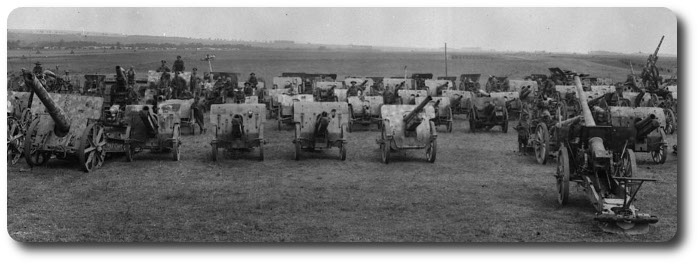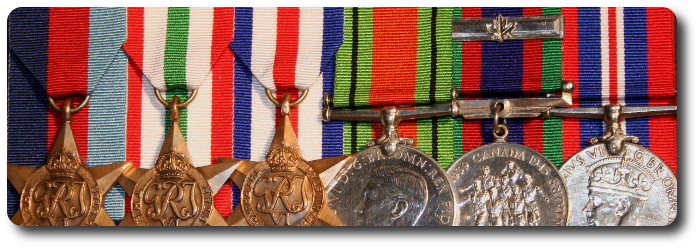War Graves to be Held In Perpetuity
Topic: Remembrance
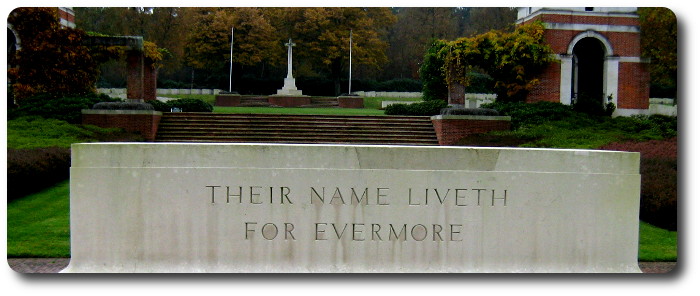
War Graves to be Held In Perpetuity
The Sherbrooke Telegram, 25 May 1944
 Ottawa, May 25.—All necessary steps to ensure that the land containing Canadian War Graves Overseas will be held in perpetuity for the Canadian people, were taken long ago by the Dominion Government, Defence Headquarters announced.
Ottawa, May 25.—All necessary steps to ensure that the land containing Canadian War Graves Overseas will be held in perpetuity for the Canadian people, were taken long ago by the Dominion Government, Defence Headquarters announced.
By virtue of a long-standing agreement with the Imperial War Graves Commission all such properties requisitioned during hostilities by the Canadian Army, will be acquired, "not in the manner or with the consequences of a private sale," but for permanent possession by the Dominion of Canada, the statement revealed.
The Imperial War Graves Commission is the accredited agent of all the governments of the British Commonwealth of Nations, and the "custodian in perpetuity" of all the graves of fallen members of the Commonwealth's forces. The Commission was formed during the Great War and operates under special powers conferred by Royal Charter. Its headquarters are in London, England, and its Canadian member is The Hon. Vincent Massey, High Commissioner for Canada.
Although, due to the exigencies of war, the Canadian Army has had to assume the duty of choosing War cemetery sites, marking the graves with the approved, temporary crosses, maintaining the cemeteries during hostilities and keeping detailed records of those buried, it has carried out all such preliminary work under the guidance of the Commission. The transfer of active responsibility from the Army to the Commission, at the end of the war, will thus be effected smoothly and without the confusion which might otherwise occur.
When that time comes, of of the first duties of the Commission will be the replacement of all temporary memorials with permanent headstones. Such headstones, however, cannot be erected now, due to shortage of labor, lack of transport and—Overseas—the ever present danger of war damage.
As a temporary measure, therefore, all known graves will remain marked by specially designed wooden crosses; by the Star of David in the case of Jewish graves, or by other appropriate forms of memorials approved by the Commission. These temporary memorials are ruggedly built, painted white and bear the regimental particulars in black letters. In the Overseas theatres most of them are constructed on the spot by men of the Royal Canadian Engineers.
After peace is declared, and the danger of war damage removed, the Commission will erect the standard, copyrighted headstone which, since 1914-1918, has been reserved as a mark of honour used only on graves of fallen members of the Commonwealth's forces. As a symbol of equality of sacrifice all headstones are identical size and design, regardless of rank.
This traditional stone memorial is 2 feet 6 inches high, 1 foot 3 inches wide and 3 inches thick. Ample space is provided on each stone for a personal inscription and the engraving of a religious emblem, if the next-of-kin so desires.
The Commission in due course, will write to all next of kin to obtain full particulars of such inscriptions, so that all may be in readiness to make and erect the permanent memorial as soon as opportunity permits. Such details as the next-of-kin wish to have recorded in the permanent printed register will be secured at the same time and in the same way.
As in the late war, many are missing and have no known graves. In such cases the Commission will invite the next-of-kin to supply the necessary particulars for inscription on whatever type of memorial is chosen to commemorate their sacrifice.
No charge is made for temporary markings, permanent headstones or the necessary engravings. The Commissions funds are provided by the various Governments of the Commonwealth.
The Commission is prepared to mark all War Graves with the same distinctive headstone, not only in military cemeteries and Service Plots, but also in cases of single and private burials, where relatives wish their dead to share the traditional memorial with their comrades who rest in foreign lands.
The erection of private or unit memorials in military cemeteries of Service plats, however, cannot be permitted. Such a practice would destroy the harmonious appearance of the plots and violate the Commission's policy of equality of treatment. Civil cemetery authorities, for a like reason, also prohibit the erection of private memorials in service plots.
These policies, which have guided the Commission since it was first entrusted with the marking and care of the graves of those who fell during 1914-1918, have won the sympathy and understanding of the British Commonwealth. The War Graves Cemeteries which were laid out in all parts of the world, as a result of the Commission's labors, have been universally recognized as placed of quiet beauty, fitting memorials created by the Commission's architects and landscape artists as a final tribute to those who gave their lives in the course of duty. The same meticulous care governs the work of the Commission in the present war.
To attempt such an undertaking in the midst of the confusion of war, however, would not, in the Commission's opinion, be conducive to the satisfactory discharge of its responsibilities to the next-of-kin. Until hostilities cease, therefore, Canadians War Graves Overseas will remain marked by temporary memorials, while the cemeteries themselves will remain in the care of the military authorities until taken over by the Commission for permanent embellishment and maintenance.
Relatives who wish to make enquiries respecting war graves should address them to Imperial War Graves Commission, Canadian Agency, 312 Transportation Building, Ottawa, Ontario. [Current address: Commonwealth War Graves Commission, Canadian Agency, 66 Slater Street Suite 1412, Ottawa, Ontario, K1A 0P4, CANADA]

Posted by regimentalrogue
at 12:01 AM EST

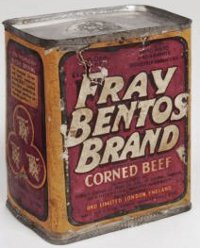 Kota Belud, North Borneo—The days of the British Army's infamous "bully beef" are apparently over. The Queen's soldiers are living it up with a new canned ration that has even Americans envious.
Kota Belud, North Borneo—The days of the British Army's infamous "bully beef" are apparently over. The Queen's soldiers are living it up with a new canned ration that has even Americans envious. 




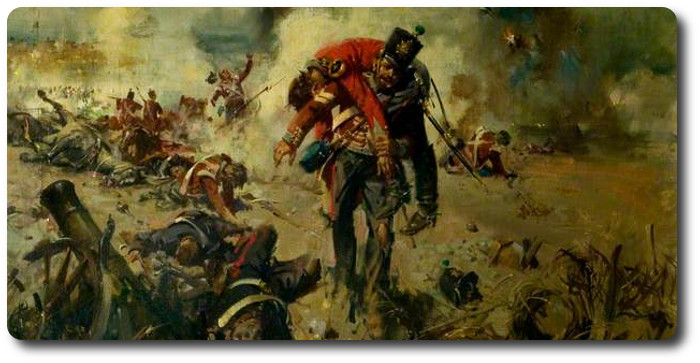


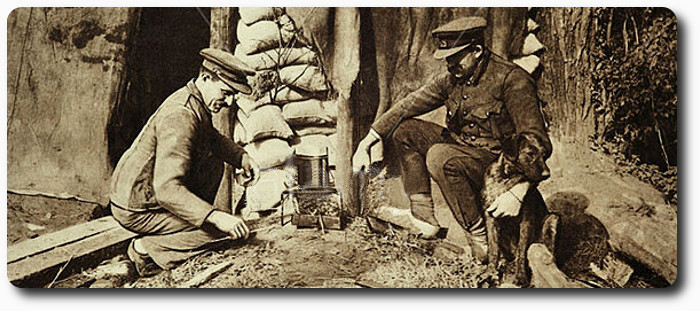


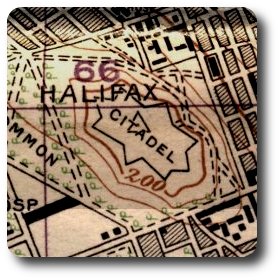 St John Daily Sun, 10 November, 1905
St John Daily Sun, 10 November, 1905
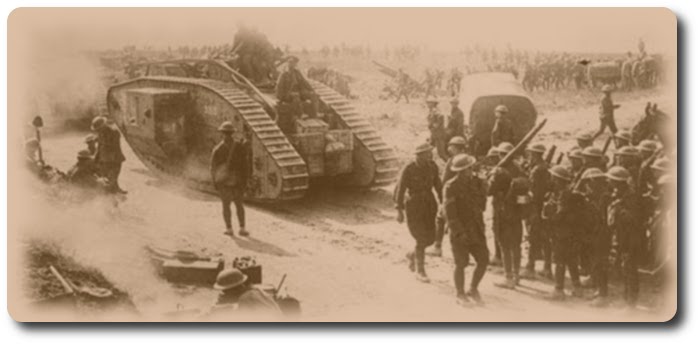


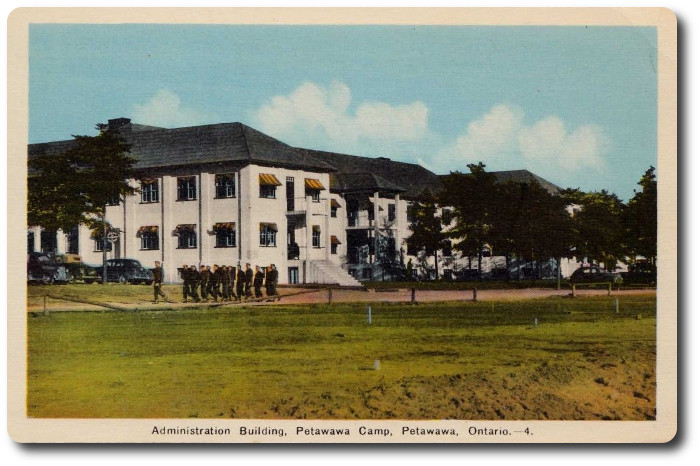
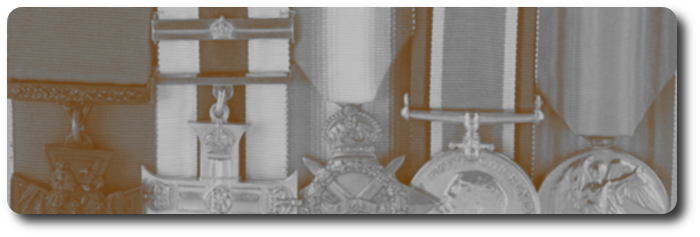
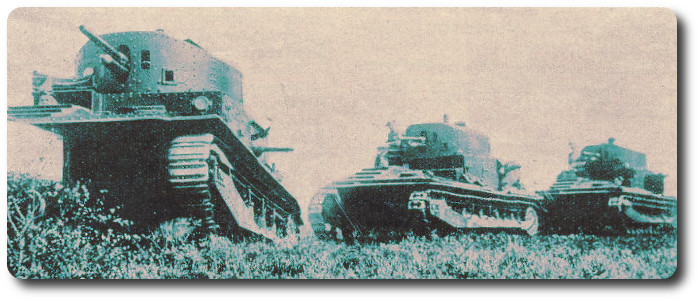
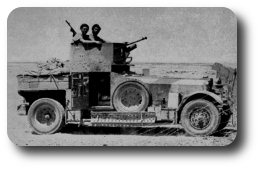 He thought that is the armoured car came more generally into use it would be as a cavalry weapon. If a change were to be effected in the cavalry regiments he thought it possible that they would be armed with a certain number of armoured cars, and fewer horses would be employed. But in his view we could not obliterate the great traditions and efficiency and all the possibilities we now got from our cavalry regiments. "We ought to look before we leap," he said, "We must not too hurriedly and blindly turn everything into machines."
He thought that is the armoured car came more generally into use it would be as a cavalry weapon. If a change were to be effected in the cavalry regiments he thought it possible that they would be armed with a certain number of armoured cars, and fewer horses would be employed. But in his view we could not obliterate the great traditions and efficiency and all the possibilities we now got from our cavalry regiments. "We ought to look before we leap," he said, "We must not too hurriedly and blindly turn everything into machines."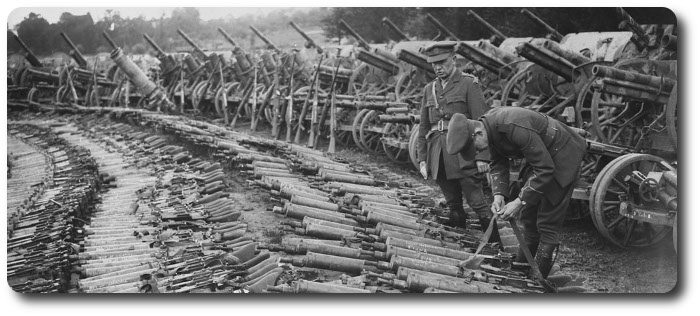
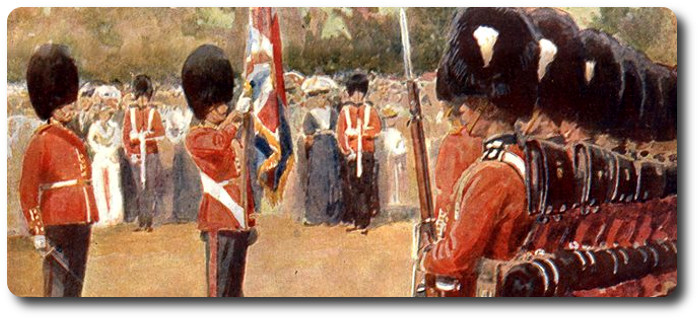
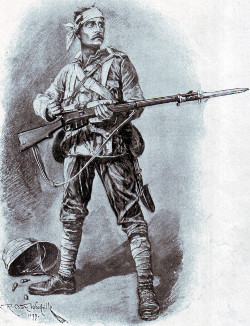 Occasionally one hears a great deal about the bad cooking and insufficient food of British soldiers. Every now and again some fadist takes the matter up and tries to lead the public to believe that our troops are condemned to live entirely upon unpalatable food.
Occasionally one hears a great deal about the bad cooking and insufficient food of British soldiers. Every now and again some fadist takes the matter up and tries to lead the public to believe that our troops are condemned to live entirely upon unpalatable food.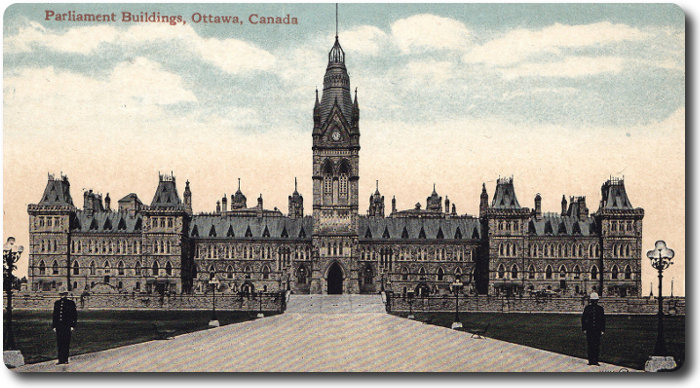

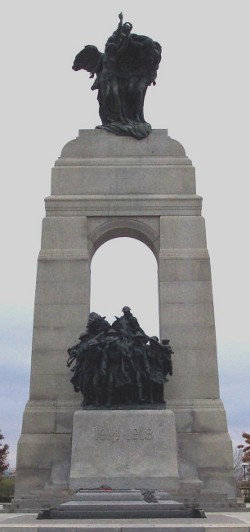 Canada did not repatriate the body of an Unknown Soldier of the Great War until 2000.
Canada did not repatriate the body of an Unknown Soldier of the Great War until 2000.
 Ottawa, May 25.—All necessary steps to ensure that the land containing Canadian War Graves Overseas will be held in perpetuity for the Canadian people, were taken long ago by the Dominion Government, Defence Headquarters announced.
Ottawa, May 25.—All necessary steps to ensure that the land containing Canadian War Graves Overseas will be held in perpetuity for the Canadian people, were taken long ago by the Dominion Government, Defence Headquarters announced. 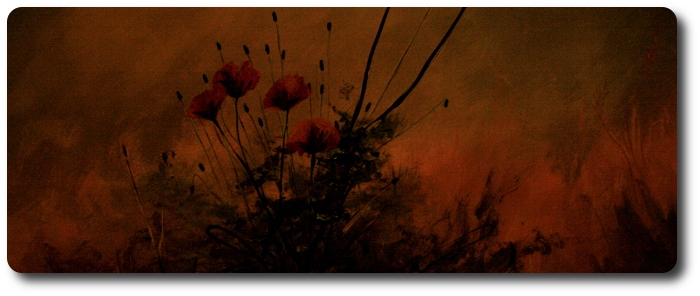
 Washington, June 13.—The possible sites in
Washington, June 13.—The possible sites in 